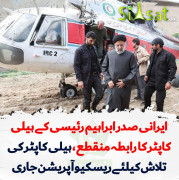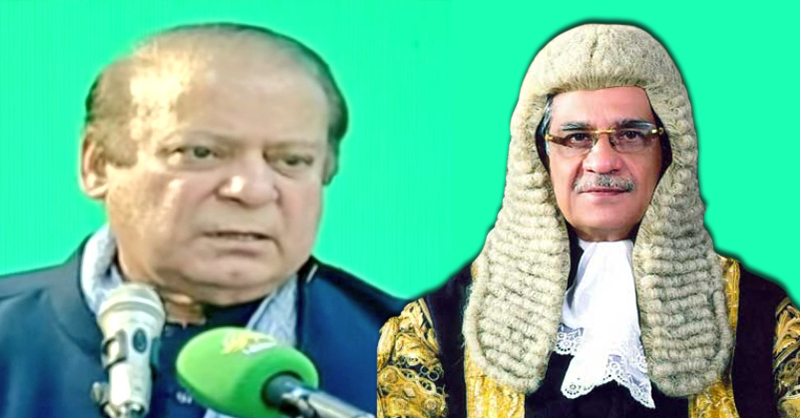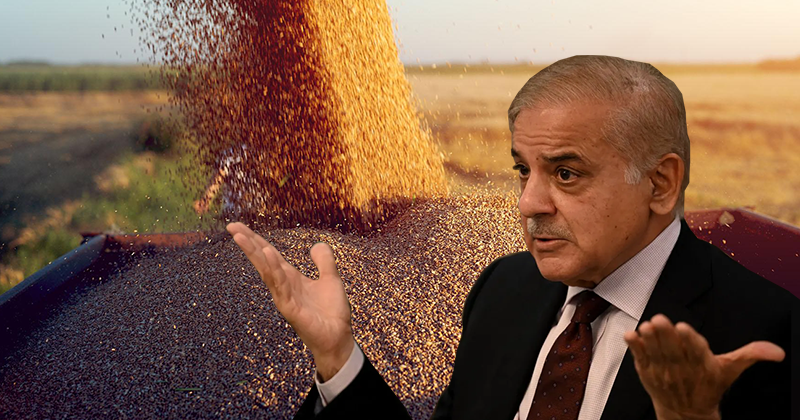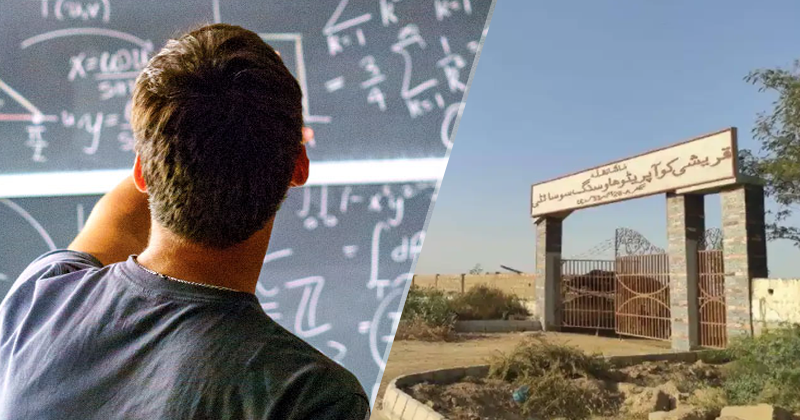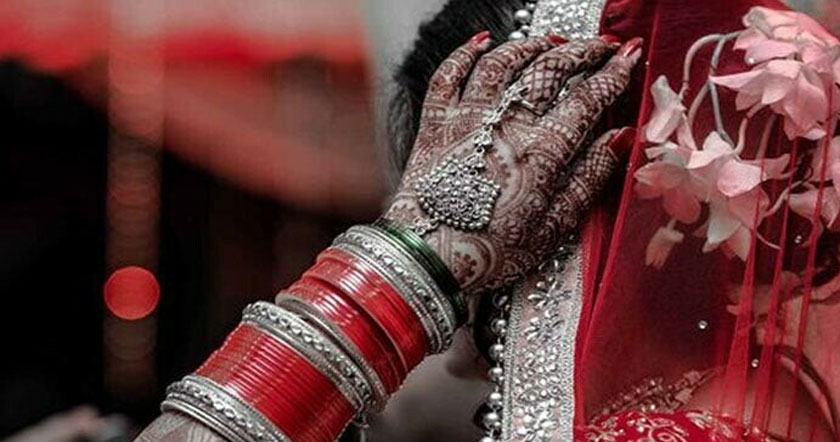Dear Brother and Sisters and most respectful Muslim Patriot Pakistanis,
I just heard a news from Peshawar that 40 main mosques will remain closed on the 40th Day of Hazrat Hussain (Razi Allahu Ta'ala Anhu) martyrdom Commemoration and I had a thought that Pakistani Authorities are igniting Sectarian Violence and testing the patience of majority of (radical but peaceful) Pakistanis by Closing Mosques and not allowing people to Offer (Obligatory) Salat in some of the main cities due to 40th Day of Hazrat Hussain (Razi Allahu Ta'ala Anhu) martyrdom Commemoration or any other day.
Such congregations, whether it is on Melad-e-Nabi (SAW), Moharram or any other Saint or Sufi Urs, should be banned officially in Pakistan and a Religious Legislative body, having scholars from all sects and all schools of thoughts, should organize Conferences in their respective areas, mosques so that people can sit in a harmony and gain some knowledge from their respected scholars about our Prophet Mohammed (SAW), his companions and his Ahle Bait and their sacrifices for Deen-e-Islam.
Lets have a look from this perspective;
Think outside the box, not as a Sunni or Shia but as a Muslim Patriot Pakistani
URDU:
محترم مسلمان محب وطن پاکستانی بھائیوں اور بہنوں
میں نے ابھی ایک خبر پڑھی کہ پشاور میں حکومت حضرت امام حُسین رضی اللہُ تعالیٰ عنہُہ کے چہلم کے موقع پر چالیس کے قریب مساجد کو بند کر رہی ہے اور مجھے یہ خیال آیا کہ حکومتوں کی بھاگ دوڑ سنھبالنے والے ایسے اقدامات سے فرقہ واریت کی آگ کو ہوا دے رہے ہے۔ اور مساجد میں فرض نمازپر بابندی لگا کر اُن پر جلسے جلوسوں کو فوقیت دے کر عام پُر امن بنیاد پرست پاکستانی مسلمانوں کے صبر کو آزما رہے ہیں۔
ایسے جلسے جلوس چاہے وہ میلاد النبی صلیٰ اللہ علیہَ و سلم ہو، شہداء اور مظلومینَ کربلا کی یاد میں ہو یا کسے درویش اور بزرگ کے عرس کے ہو، پرسرکاری طور پرمکمل پابندی لگائی جائے اور ایک اسلامی قانون دانوں پر مشتمل ایک کمیٹی بنائی جائے جس میں ہر طبقے اور ہر مسلک کے علماء کو شامل کیا جائے تاکہ جو اپنے اپنے حلقوں میں سیرت مصطفیٰ (ص) ، صحابہ کرام اور اہل بیت کی قربانیوں پر روشنی ڈالیں۔
زیر غور پہلو
جلسے جلوسوں کو فرض نمازوں پر پابندی دینا ایک بہت بڑی گناہ ہے، ہم حضرت محمد (ص)، اُنکے صحابہ کرام اور انکے اہل بیت سے محبت اور عقیدت کا اظہار اُنکی تعلیمات پر عمل کرکے کرسکتے ہیں۔ اور فرض نماز یقینا قرآن و سنت اور اُنکی نگاہ میں اولین درجہ رکھتا ہے۔
جتنے ان جیسے محافل اور جلسے جلوس کم ہونگے اتنا ہی پاکستان دشمن اور اسلام دشمن قوتوں کو، جو کہ وار کرنے کے انتظار میں ہے، کو موقعے ملیں گیں.
آپ سب سے درخواست ہے کہ سُنی شیعہ کی بجائے ایک مسلم پاکستانی کی حیثیت سے اپنی آراء لکھیں
I just heard a news from Peshawar that 40 main mosques will remain closed on the 40th Day of Hazrat Hussain (Razi Allahu Ta'ala Anhu) martyrdom Commemoration and I had a thought that Pakistani Authorities are igniting Sectarian Violence and testing the patience of majority of (radical but peaceful) Pakistanis by Closing Mosques and not allowing people to Offer (Obligatory) Salat in some of the main cities due to 40th Day of Hazrat Hussain (Razi Allahu Ta'ala Anhu) martyrdom Commemoration or any other day.
Such congregations, whether it is on Melad-e-Nabi (SAW), Moharram or any other Saint or Sufi Urs, should be banned officially in Pakistan and a Religious Legislative body, having scholars from all sects and all schools of thoughts, should organize Conferences in their respective areas, mosques so that people can sit in a harmony and gain some knowledge from their respected scholars about our Prophet Mohammed (SAW), his companions and his Ahle Bait and their sacrifices for Deen-e-Islam.
Lets have a look from this perspective;
- Its a sin not to allow anyone to pray the Obligatory Salat and no one can justify prioritizing commemoration over Obligatory Salat. Our love and respect for our Holy Prophet Mohammed (SAW), His Companions and Ahle Bait can be better portrayed, if we follow their path and its confirmed they Said Salat is Obligatory because Quran and Hadith says it so.
- The less you have crowd gathering in a Country where enemies from all sides are waiting for their turn to hit, the less you have the risk of any act of terror.
Think outside the box, not as a Sunni or Shia but as a Muslim Patriot Pakistani
URDU:
محترم مسلمان محب وطن پاکستانی بھائیوں اور بہنوں
میں نے ابھی ایک خبر پڑھی کہ پشاور میں حکومت حضرت امام حُسین رضی اللہُ تعالیٰ عنہُہ کے چہلم کے موقع پر چالیس کے قریب مساجد کو بند کر رہی ہے اور مجھے یہ خیال آیا کہ حکومتوں کی بھاگ دوڑ سنھبالنے والے ایسے اقدامات سے فرقہ واریت کی آگ کو ہوا دے رہے ہے۔ اور مساجد میں فرض نمازپر بابندی لگا کر اُن پر جلسے جلوسوں کو فوقیت دے کر عام پُر امن بنیاد پرست پاکستانی مسلمانوں کے صبر کو آزما رہے ہیں۔
ایسے جلسے جلوس چاہے وہ میلاد النبی صلیٰ اللہ علیہَ و سلم ہو، شہداء اور مظلومینَ کربلا کی یاد میں ہو یا کسے درویش اور بزرگ کے عرس کے ہو، پرسرکاری طور پرمکمل پابندی لگائی جائے اور ایک اسلامی قانون دانوں پر مشتمل ایک کمیٹی بنائی جائے جس میں ہر طبقے اور ہر مسلک کے علماء کو شامل کیا جائے تاکہ جو اپنے اپنے حلقوں میں سیرت مصطفیٰ (ص) ، صحابہ کرام اور اہل بیت کی قربانیوں پر روشنی ڈالیں۔
زیر غور پہلو
جلسے جلوسوں کو فرض نمازوں پر پابندی دینا ایک بہت بڑی گناہ ہے، ہم حضرت محمد (ص)، اُنکے صحابہ کرام اور انکے اہل بیت سے محبت اور عقیدت کا اظہار اُنکی تعلیمات پر عمل کرکے کرسکتے ہیں۔ اور فرض نماز یقینا قرآن و سنت اور اُنکی نگاہ میں اولین درجہ رکھتا ہے۔
جتنے ان جیسے محافل اور جلسے جلوس کم ہونگے اتنا ہی پاکستان دشمن اور اسلام دشمن قوتوں کو، جو کہ وار کرنے کے انتظار میں ہے، کو موقعے ملیں گیں.
آپ سب سے درخواست ہے کہ سُنی شیعہ کی بجائے ایک مسلم پاکستانی کی حیثیت سے اپنی آراء لکھیں














